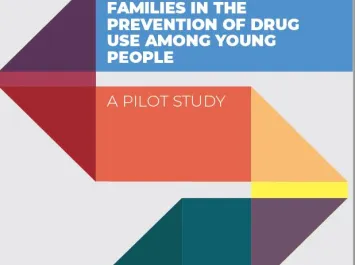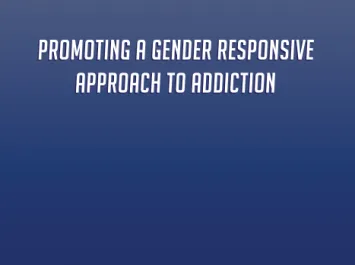The report describes the results of a pilot project on the needs of families in the prevention of drug use among young people, conducted by UNICRI from January 2019 to August 2020. As part of this initiative, UNICRI carried out research activities in Italy, Lebanon and Tunisia, with the aim of identifying and exploring the priority aspects to support and consolidate the protective role of the family in the prevention of drug use among young people.
Scientific evidence has indeed demonstrated the potential role of the family not only in facilitating the onset of problems related to drug use, but also in the prevention and rehabilitation process. In relation to the protective role that the family can play, the need to offer them more specific and tailored support is critical.
In addition, extraordinary circumstances such as those experienced in many countries during the COVID-19 pandemic, have further highlighted how the vulnerabilities of families can rapidly change, stressing the importance of enhancing their role in protecting and supporting young people.
The importance of this aspect cannot be underestimated, considering that drug addiction represents a serious social and public health problem in many countries, with different degrees of complexity due to specific factors, ranging from economic and social insecurity to the scarce availability of services. In addition, the presence of structural or social barriers, as well as the lack of information on the services available, can also represent a deterrent for families to seek help. This may exacerbate their isolation and marginalization, which in many cases is a trigger.
A more up-to-date and in-depth knowledge of the needs of families in this area, which also takes into consideration their socio-cultural context, is fundamental to consolidating and strengthening their protective role and, at the same time, to improving the offer of prevention and treatment services to actively engage them.
The topics of this research constitute an effective contribution to the 2030 Agenda for Sustainable Development, fostering the implementation of legislative reforms and policies aiming at re-evaluating the role of the family in the prevention and treatment of addictions and, in general, in building resilience in young people.
UNICRI has developed a consolidated experience in supporting governments in identifying critical issues, developing good practices and improving capacities of key actors to prevent conditions that may lead to any form of violence, involving, in particular, vulnerable populations such as minors, women and people from marginalized communities, especially in developing, conflict and post-conflict areas.
UNICRI has always stressed the need to support families in building resilience in young people but has also supported the establishment of a well-functioning network of services and interventions which involve families, and which is able to respond, as effectively as possible, to their specific needs.


